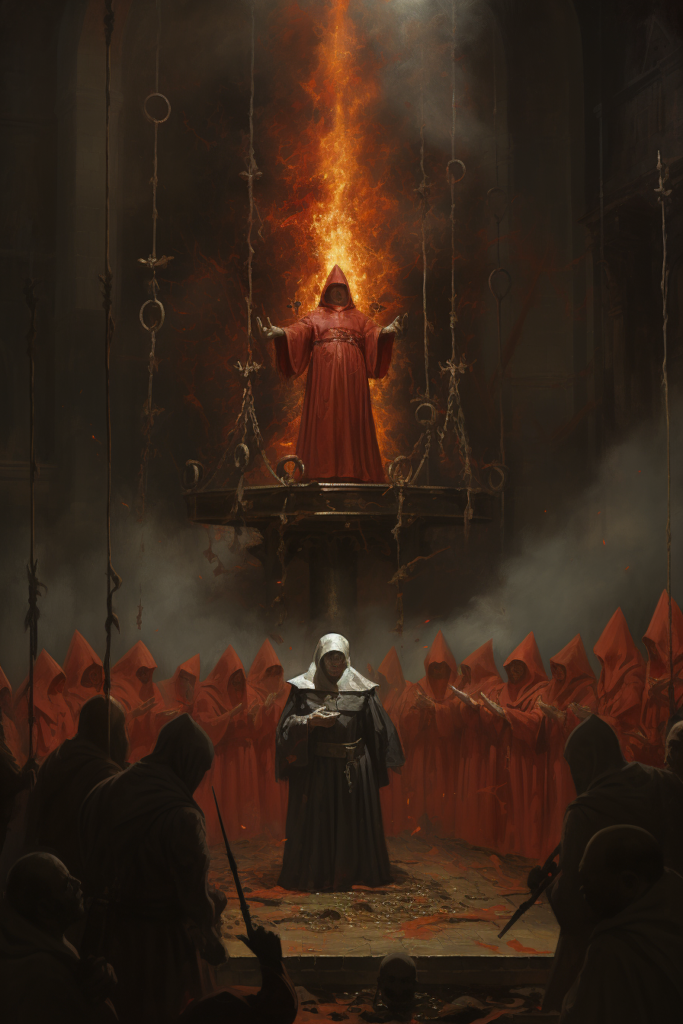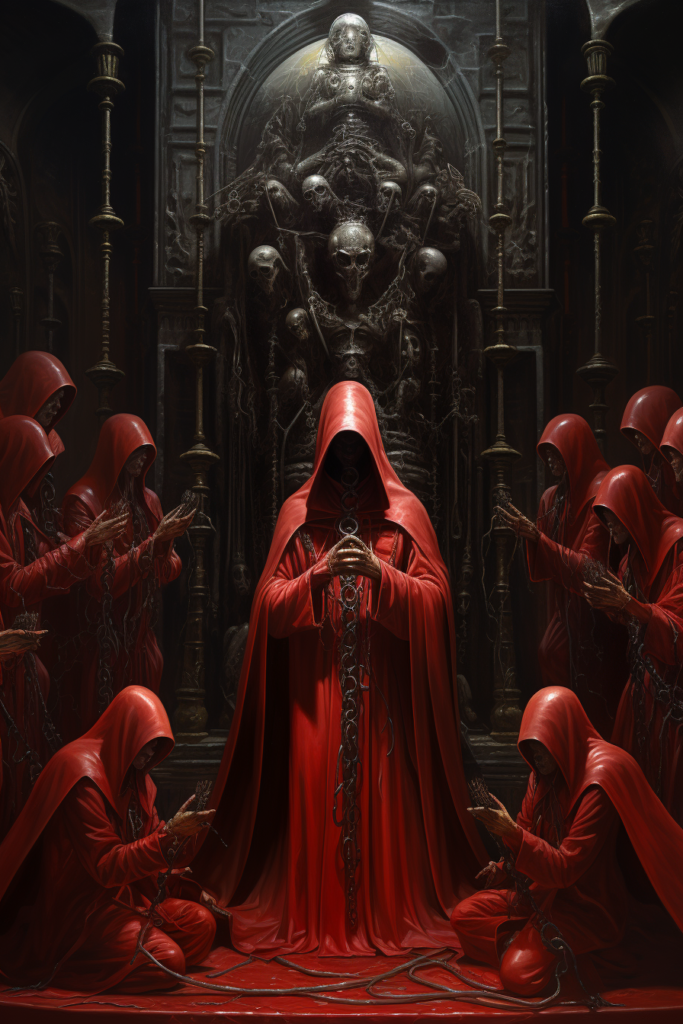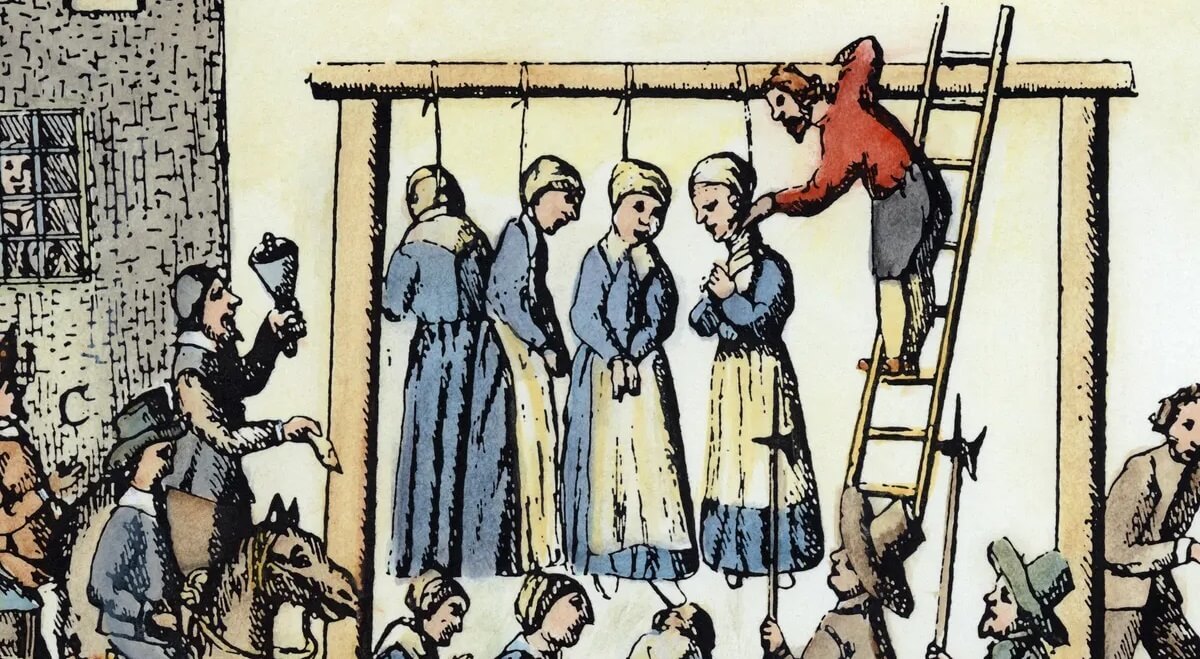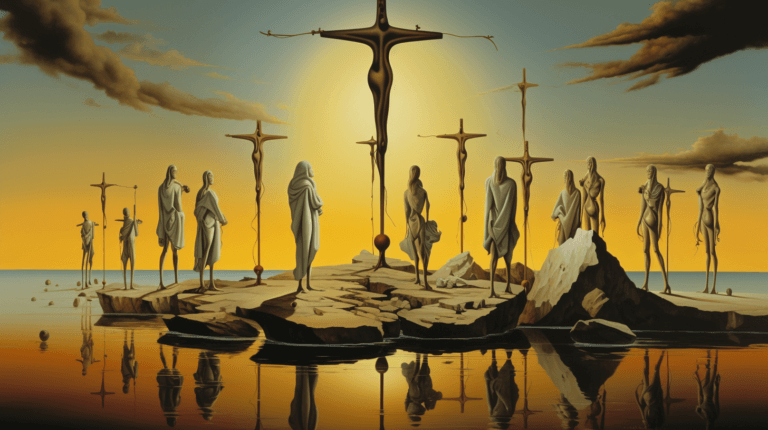A Comparative Analysis: The Spanish Inquisition and the Salem Witch Trials
Introduction:
Throughout history, societies have been plagued by moments of intense religious fervor, leading to widespread persecution and mass hysteria. Two such examples are the Spanish Inquisition and the Salem Witch Trials. Although they occurred in different times and places, both events share striking similarities in terms of their causes, methods of prosecution, and long-lasting impacts. This article aims to provide a comprehensive comparison of these two infamous periods, shedding light on their shared characteristics while highlighting their unique contexts.

Historical Background:
The Spanish Inquisition took place from the late 15th century to the early 19th century, with the Catholic Monarchs, Ferdinand II of Aragon and Isabella I of Castile, establishing it as a tool to consolidate their power and enforce religious orthodoxy. The Salem Witch Trials, on the other hand, occurred in colonial Massachusetts in the late 17th century, driven by a combination of religious fervor, social tensions, and superstitions.
Causes and Context:
Both the Spanish Inquisition and the Salem Witch Trials were driven by a combination of religious and societal factors. In Spain, the Reconquista, the expulsion of Jews and Muslims, and the Protestant Reformation in Europe created an environment of suspicion and fear. The Catholic Church sought to maintain its dominance and eradicate any perceived threats to its authority. In Salem, a strict Puritan society coupled with fears of devil worship and the influence of the supernatural led to a climate where accusations of witchcraft gained traction.

Methods of Prosecution:
One of the key similarities between the Spanish Inquisition and the Salem Witch Trials is the reliance on interrogations, confessions, and the use of torture to extract information. The Spanish Inquisition employed a wide array of techniques, including the infamous “strappado” and waterboarding, to elicit confessions from suspected heretics. Similarly, in Salem, accused individuals were subjected to “witch tests” such as the dunking method, where suspected witches were tied and thrown into water. If they floated, it was considered evidence of witchcraft.
Trial Proceedings and Legal Framework:
Both the Spanish Inquisition and the Salem Witch Trials lacked fundamental elements of a fair legal system. The accused were often denied legal representation, faced biased tribunals, and were subjected to hearsay evidence and spectral testimonies. The Spanish Inquisition operated under a legal framework that allowed for secret accusations and the use of anonymous witnesses, undermining the rights of the accused. In Salem, the legal proceedings were heavily influenced by religious zealotry, leading to mass hysteria and the conviction of innocent individuals based on flimsy evidence.

Impact and Legacy:
The Spanish Inquisition and the Salem Witch Trials left a lasting impact on their respective societies. In Spain, the Inquisition led to the expulsion of thousands of Jews and Muslims, further polarizing the society along religious lines. It also created an atmosphere of fear and self-censorship that stifled intellectual and scientific progress. In Salem, the Witch Trials resulted in the deaths of 20 individuals and caused widespread social and psychological trauma. The event exposed the dangers of unchecked religious zealotry and served as a cautionary tale in the years to come.
Conclusion:
The Spanish Inquisition and the Salem Witch Trials, despite their differences in time and place, were both dark chapters in human history marked by religious extremism, fear, and the violation of basic human rights. The events were driven by similar causes, employed similar methods of prosecution, and left a lasting impact on the societies in which they took place. By studying and comparing these episodes, we can gain valuable insights into the dangers of intolerance, fanaticism, and the abuse of power, ensuring that history does not repeat itself, such as right here in America and the rise of Evangelical Republicanism.







